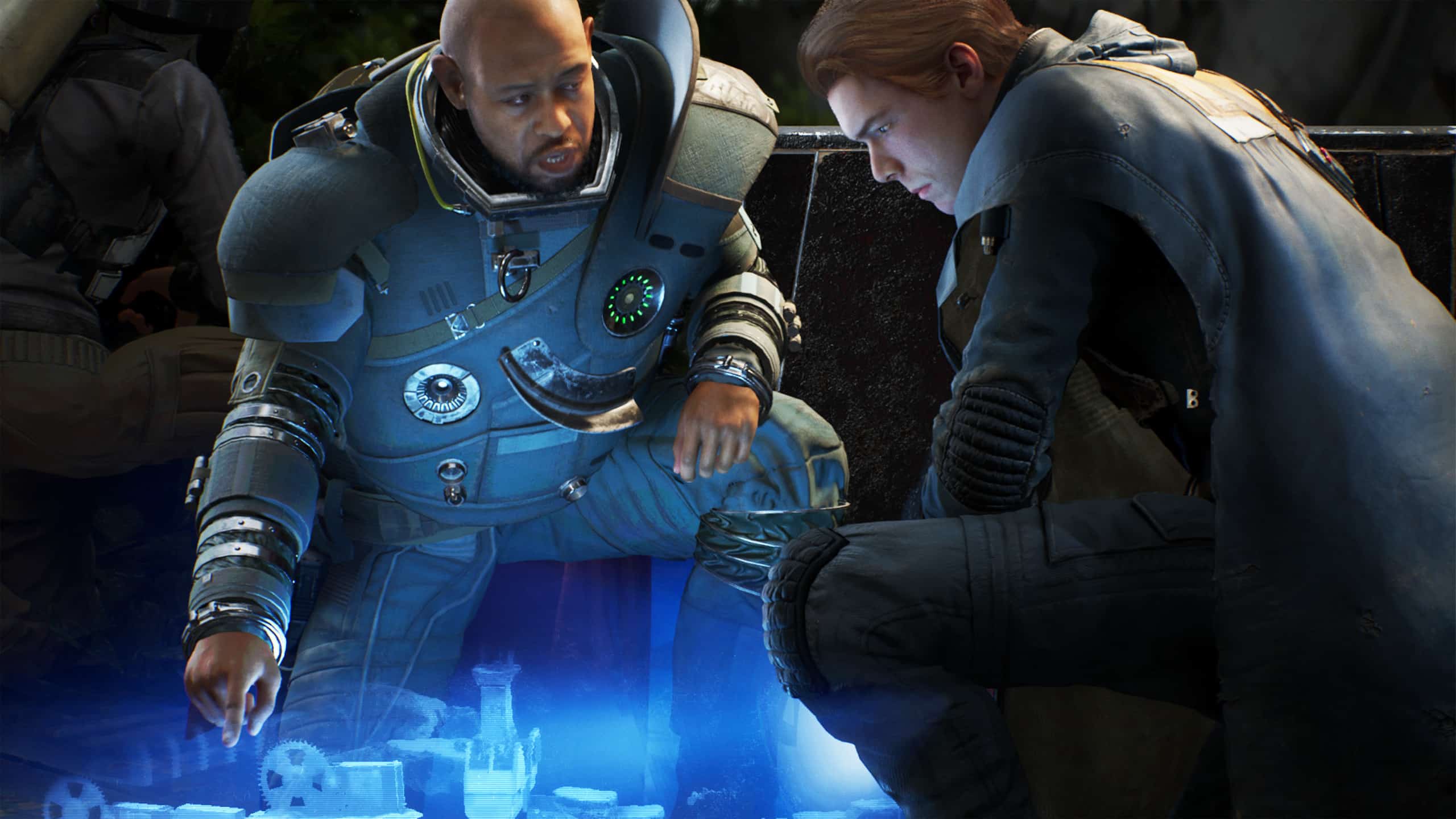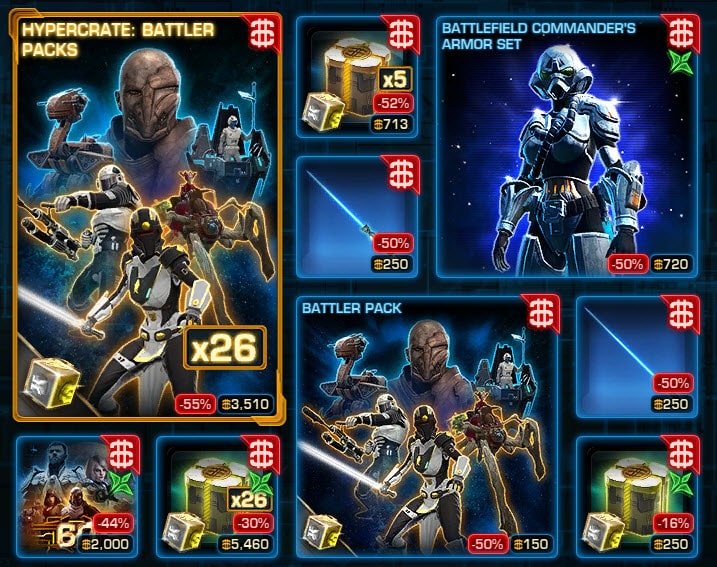Online games constitute a popular pastime for the modern generation. Publishers frequently publish online video games, whether competitive multiplayer shooters or immersive MMORPGs. Thus, you need a reliable internet connection to enjoy those thrilling moments in combat.
But just how much internet do you need to play online games? Well, this guide by a leading marketplace for gamers will help you learn all about it.
Data transfer during multiplayer games
When you connect online to play a favorite game, sets of data go back and forth from the server. Unlike movies or music, you can’t rely on one-way transmission, as games need an immediate response from user input. The data transfer occurs for the following events.
- Keyboard and mouse input
- Controller input
- Microphone input
- Text chat
- Location of every player
- State of the game world
- Server notifications
Video and audio files for the game are already installed in the system, so those often don’t need streaming. Several services like Google Stadia and Nvidia GeForce Now try doing that, with games pre-installed on virtual machines. You can play them from a simple web browser on your PC or even your phone. However, their internet requirements are much higher than a physical PC or console.
Minimum internet speeds for various platforms
Not everyone plays their favorite games on a PC. Many gamers prefer consoles. With the variety of consoles available, different internet requirements depend on their hardware capabilities. You can get a better idea from the table below.
| System | Minimum Upload Speed | Minimum Download Speed |
| Xbox One | 0.5 Mbps | 2 Mbps |
| Playstation 4 | 1 Mbps | 1 Mbps |
| Playstation 5 | 2 Mbps | 2 Mbps |
| Xbox Series X/S | 1 Mbps | 3 Mbps |
| Nintendo Switch | 1 Mbps | 3 Mbps |
| Steam Deck | 1 Mbps | 1.5 Mbps |
| PC (Ubisoft Connect, Origin, Steam, etc.) | 1 Mbps | 1.5 Mbps |
The above table shows the requirements released by Bungie for Destiny 2, which is one of the highest data-demanding games on most platforms. Other games, such as Squad, Call of Duty: Warzone, and Star Wars: KOTOR, may work fine with a slower internet connection.
Internet speeds for streaming
If you desire to share your gaming experience with millions of viewers online, you require slightly higher internet speeds for your system. The recommended settings for streaming with various resolutions are mentioned below.
| Service | 720p | 1080p | 4K |
| Xbox Remote Play | 10 Mbps | 16 Mbps | 20 Mbps |
| Google Stadia | 10 Mbps | N/A | 35 Mbps |
| Nvidia GeForce Now | 15 Mbps | 25 Mbps | N/A |
| Playstation Plus | 5 Mbps | 10 Mbps | 18 Mbps |
| PC (Twitch, OBS, etc.) | 5 Mbps | 12 Mbps | 22 Mbps |
Factors that affect latency
There can be times that you can get latency with your online games, where the game takes forever to respond to your commands. It can occur due to any of the following issues.
Distance between you and the server
Internet signals flow between devices at lightning-fast speeds. Still, if you’re thousands of miles away from the active servers, it can increase lag to detectable levels. That is why you get latencies in the 700 m/s when connecting to intercontinental servers.
Type of internet connection
You don’t want to play online games through a Wi-Fi connection that throttles your internet speeds. The type of connection you have can help you reduce the lag during your sessions. You should also check with your service provider to determine your area’s coverage condition. Also, Internet Service Providers can slow down gaming if it decides to do so. It might relate to peak times or other conditions.
State of your devices
It would help to examine your modems/routers for signs of damage or degradation. If you observe too many drops in your internet connection, it is probably because those devices are taking a toll. Overheating and outdated drivers are common causes of reduced internet speeds.
How to reduce lag in online games
Now that you know what causes lag, you can work on reducing it by optimizing your hardware and software.
Prefer a wired cable connection
A fiber connection through an RJ-45 port can provide much higher speeds than a wireless connection. Even with the best wireless modems, there is a delay with the nearest network tower. So, get Ethernet for your PC to guarantee that your desktop does not suffer from various interruptions. After all, Wi-Fi connections can quickly waiver due to interference with other devices at your home. If you use Wi-Fi for gaming, choose the 5GHz band to prevent other gadgets from damaging your internet connection.
Cycle your routers
Turn off your routers occasionally. It keeps them from overheating and can help you install any updates when it comes back on. Furthermore, resetting or rebooting your router is one of the go-to solutions when experiencing unstable internet connections.
Use a VPN
If the servers for your favorite online games are far away, you can close the gap virtually using a Virtual Private Network (VPN). You can do this by connecting to a VPN server in the same location as the server. It can reduce the lag and secure your connection to stop competitors from targeting you with DDoS attacks. Furthermore, a VPN for Windows can also stop ISPs from throttling traffic. How? Since a VPN encrypts traffic, ISPs can no longer see what you do online.
Tweak the graphics settings
You don’t need picture-perfect graphics to play your games online. If you’re experiencing lag, you can try reducing the graphics settings to reduce the load on your connection.
Update the drivers and firmware
Make sure to download the latest updates for your OS, games, and internet drivers. They can optimize a few backend settings to reduce bandwidth, allowing a smoother playing experience.
Avoid unnecessary connections
Too many devices connected to your router can take up the bandwidth you may need for your online game. Therefore, if you wish to have a decent gaming session, disconnect a few phones, TVs, tablets, or other devices connected to the network.
Play outside of peak hours
Even the best servers have their limits. Millions of players joining at once can clog up the connection and draw down your internet connection. Try to play outside peak hours with only a few friends, especially when you have a stream scheduled.








